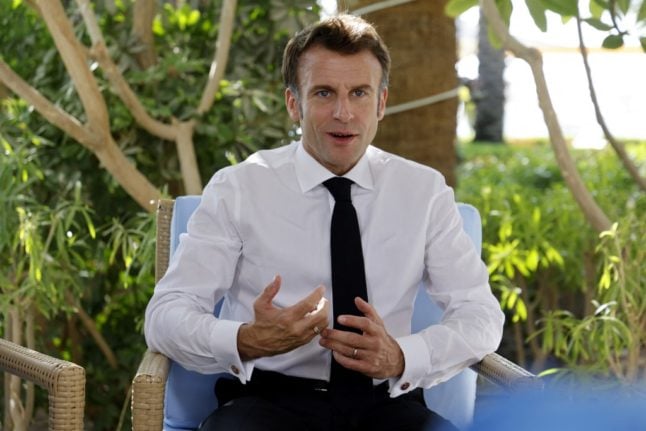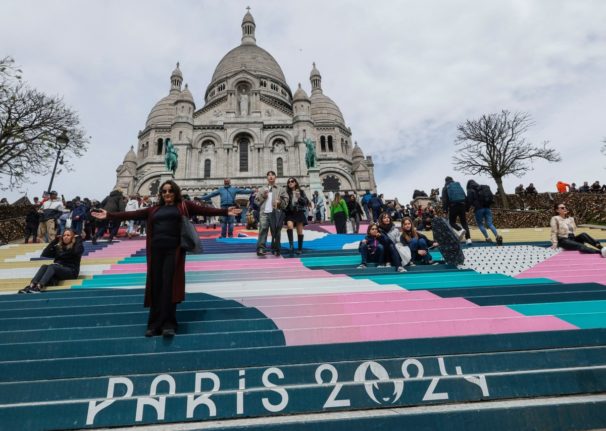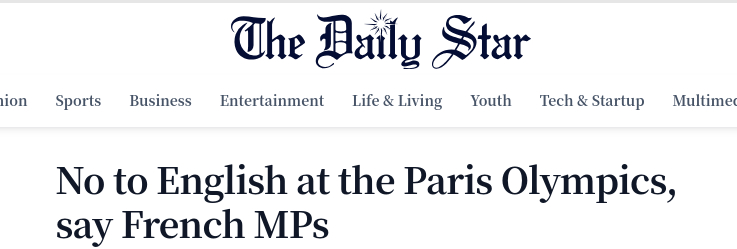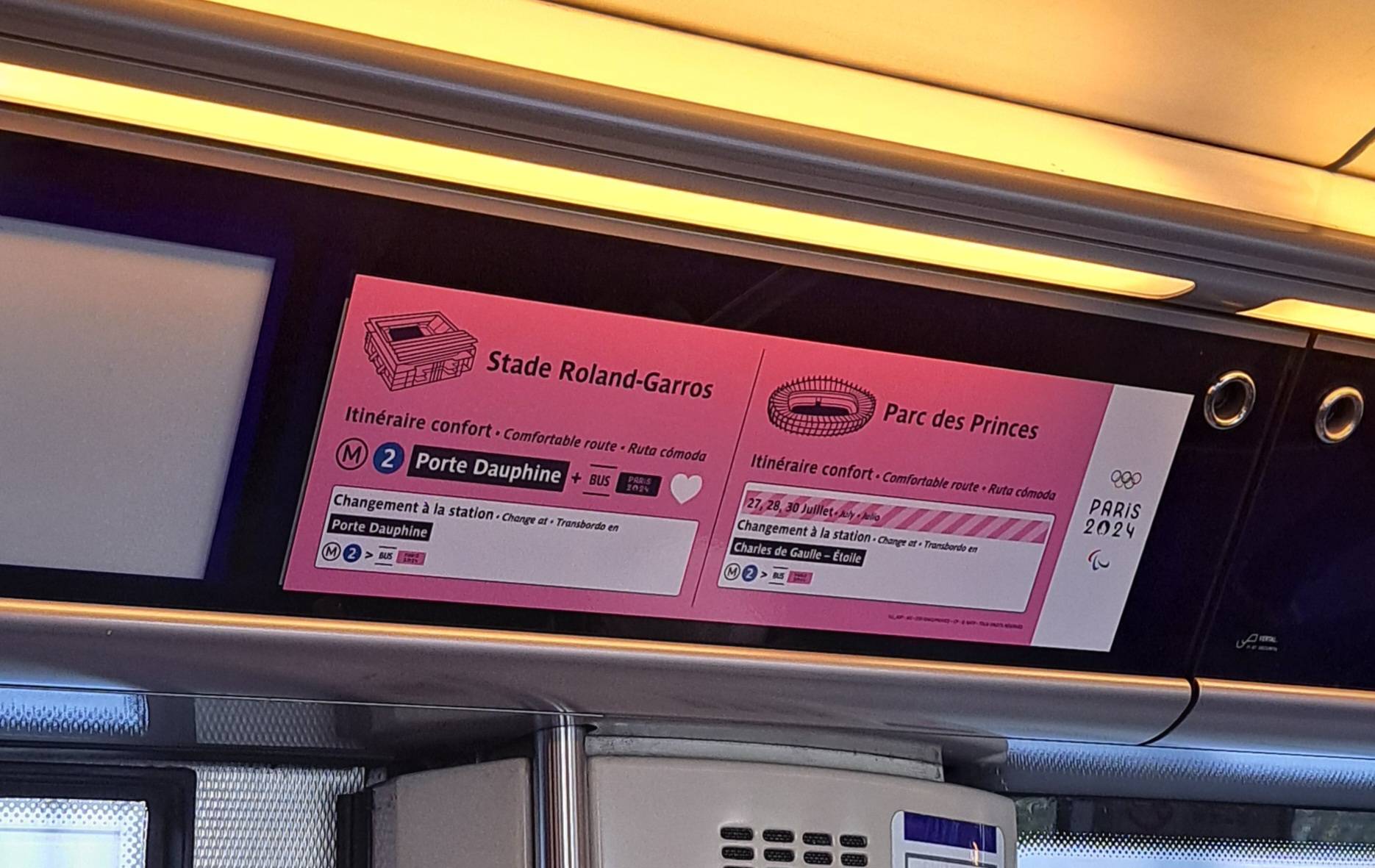“We need the United States and China to step up” on emissions cuts and financial aid, Macron told French and African climate campaigners on the sidelines of the UN climate summit in Sharm el-Sheikh, Egypt.
“Europeans are paying,” he said. “We are the only ones paying.”
“Pressure must be put on rich non-European countries, telling them, ‘you have to pay your fair share’,” he said.
Stepping up financial aid to poorer countries that face the brunt of climate-induced disasters has emerged as a major issue at the 13-day climate conference that began on Sunday.
The heads of developing nations won a small victory when delegates agreed to put the controversial issue of money for “loss and damage” on the agenda.
Nearly 100 heads of state and government will speak at the summit on Monday and Tuesday, but China’s President Xi Jinping is not attending the conference and US President Joe Biden will come later this week following Tuesday’s US midterm elections.





 Please whitelist us to continue reading.
Please whitelist us to continue reading.
Member comments